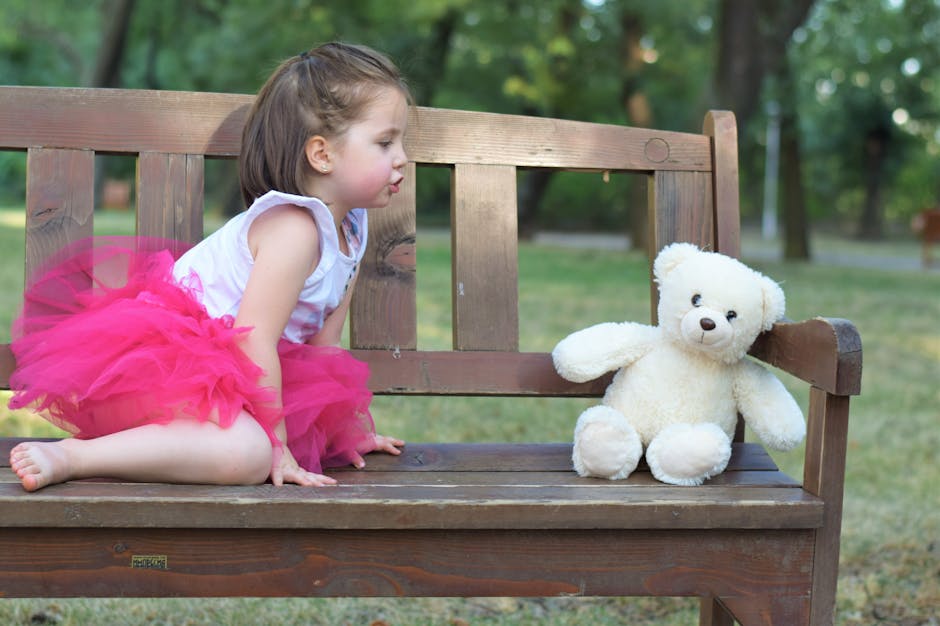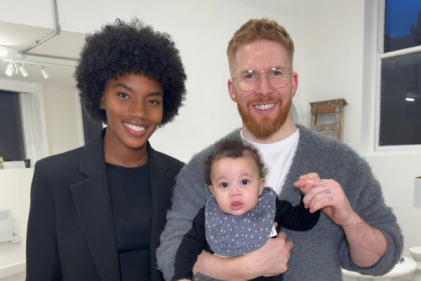As parents, we play a really important role in our child's development, especially when it comes to language and movement.
Studies have shown that kids who are read to and spoken with a great deal during early childhood will have larger vocabularies and better grammar than those who aren't.
Here are some simple ways to help with your little one's speaking development:
1. Interest is key
If your little one seems interested in a particular picture in a book, continue talking about it. If they seem particularly intrigued by an animal, show them more animals and talk about them. Be sure to talk back to them, ask questions, and interact with them.

2. Narrate your life
Narrate your day as it evolves. Tell your child, for instance, "Now we're going to have lunch. Do you think it is delicious? When we're finished eating, we'll go for a lovely walk." Point out the most important objects, actions or activities, and do it as often as you can, emphasising the same words each time.
3. Avoid screens
According to the American Academy of Paediatrics, children younger than two should not watch television at all, and children over two years old should watch no more than two hours of television a day. While educational programmes can be beneficial to children, TV shows don't interact with or respond to children, which are the two catalysts kids need to learn language.
4. Read constantly
Trust us when we say that it is never too early to read to your baby. One good predictor of future reading success is the amount of time parents spend reading with their child. You can start with simple books, and graduate to picture books and longer stories as your bub gets older.

5. Listen to music
Young children love music and movement. When they listen to lively songs, like 'Twinkle Twinkle Little Star', they learn about the world around them and the rhythm of language.
6. Watch out for ear infections
Children in group child-care situations are more prone to ear infections, which can put them at risk for hearing loss and, consequently, delays in speaking. If your paediatrician prescribes medicine to treat an infection, make sure your child takes it correctly. When your little one finishes the prescription, schedule a follow-up visit with your paediatrician to ensure the infection has cleared.





